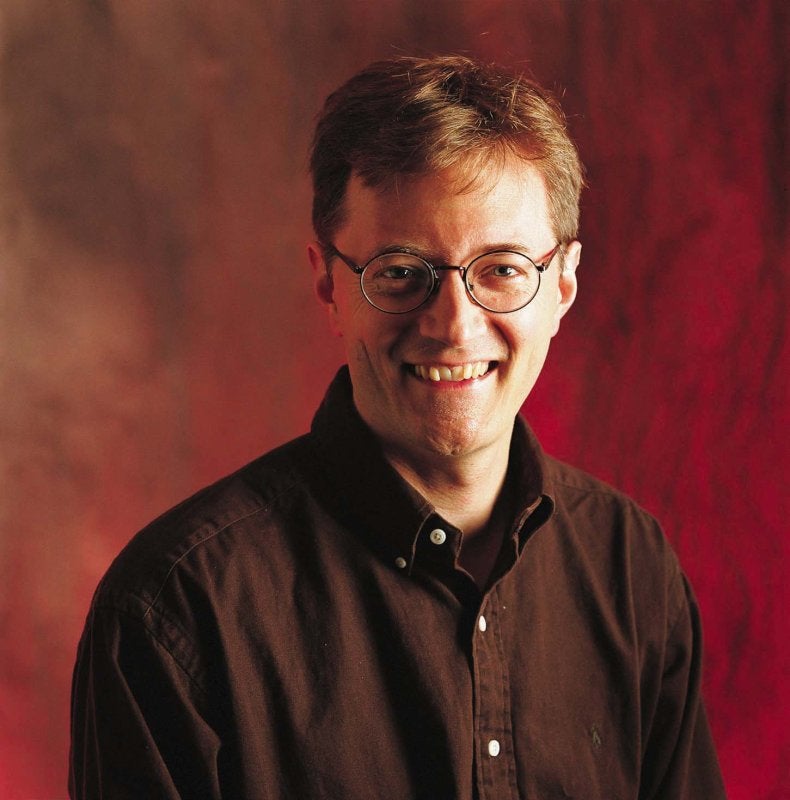
Michael Tiemann is a true open source software pioneer. He made his first major open source contribution more than three decades ago by writing the GNU C++ compiler, the first native-code C++ compiler and debugger. His early work led to the creation of leading open source technologies and the first open source business model.
In 1989, Tiemann's technical expertise and entrepreneurial spirit led him to co-found Cygnus Solutions, the first company to provide commercial support for open source software. During his ten years at Cygnus, Tiemann contributed in a number of roles from President to hacker, helping lead the company from fledgling start-up to an admired open source leader. When Cygnus was acquired by Red Hat in 2000, Tiemann became Red Hat's Chief Technical Officer (CTO) before becoming its first Vice President of Open Source Affairs. In that role Tiemann provides technology, strategy, and policy advice to executives in the public and private sectors.
Tiemann graduated from the Moore School at the University of Pennsylvania (Class of 1986) with a BS CSE degree, and later did research at INRIA (1988) and Stanford University (1988-1989).
Tiemann has served on a number of boards that have been instrumental in establishing Open Source as a leading development and commercial practice in the software industry. He joined the board of the Open Source Initiative in 2001 and served as its President from 2005-2012. Tiemann was also a founding board member of the Embedded Linux Consortium, the Eclipse Foundation, and an advisor to the GNOME Foundation. Tiemann provides financial support to organizations that further the goals of software and programmer freedom, including the Free Software Foundation and the Electronic Frontier Foundation.
He was also a Trustee of the University of North Carolina School of the Arts and a founding member of the Board of Advisors for the Center for Environmental Farming Systems (2006-present). Tiemann has also remained active in the Creative Commons community, as both a sponsor of projects and promoter of the cause.

Authored Comments
Kartik,
I think you bring a really great perspective to this discussion. So many business schools focus on taking, exploiting, maximizing, etc., and not enough is spent really delving into the topic of giving. As you point out, it's a very nuanced (and very profound) act, and it takes years of practice and guidance to do it really well.
You clearly state that when it comes to political discussions, there is no place for science. You give an example of the science of global climate change, which may have had some validity as a series of measurements that make no predictions, but which (in your view) lose all scientific validity the moment they are used to make predictions or, worse, potentially inform policy. But your argument generalizes immediately to virtually all science.
I have witnessed 40+ years of scientific progress--successful predications based on theories which, over time, are essentially accepted as truth: how electrons flow in semiconductors, how images can be derived from scattered radiation of sound and light waves, how inductive reasoning can lead to the development (and interpretation) of programming languages, etc. As the sources I cite in my article show, science can easily be derailed by people chasing significance rather than publishing theories and openly testing their hypotheses. But I disagree fundamentally that science can never be trusted to inform policy. I believe that unscientific and anti-scientific policies underlie some of the worst problems we face today.
As Albert Einstein once said "We cannot solve our problems with the same thinking we used when we created them." Sound science represents one kind of new thinking that needs to be tried.